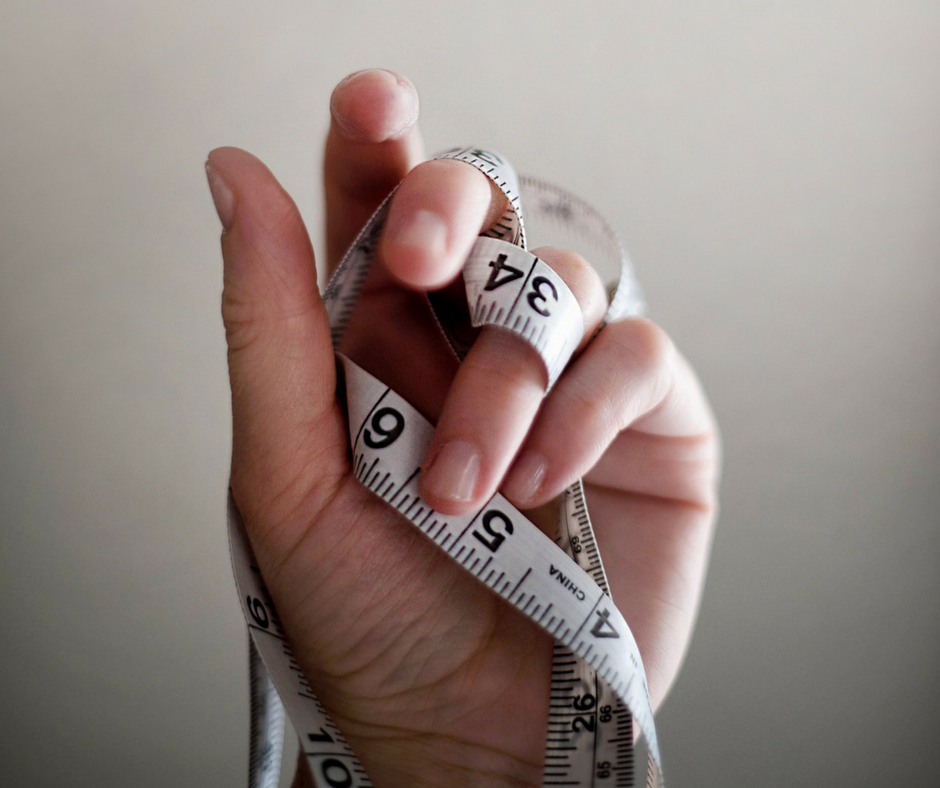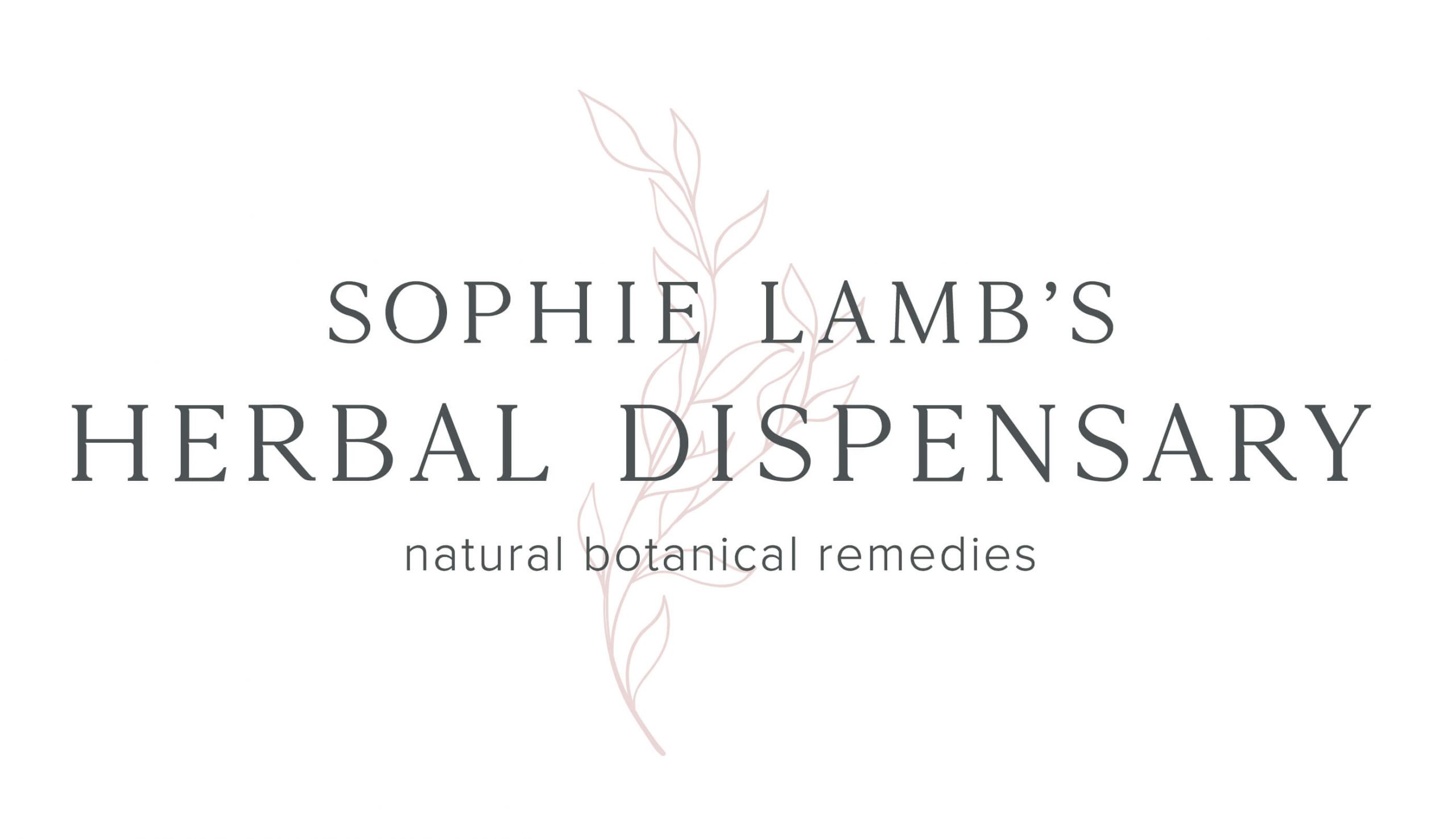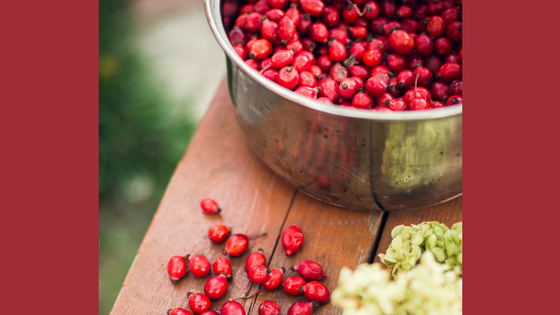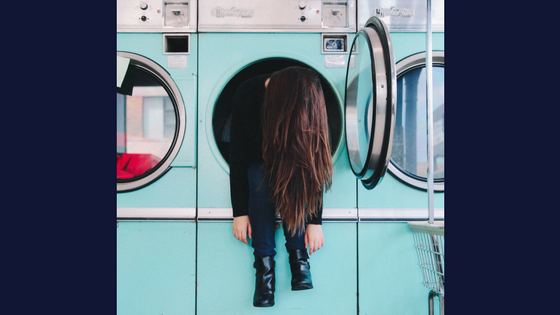
How low carb’ diets are depriving us of sleep
Someone reminded me recently that the first three letters in the word, ‘diet’ is, ‘DIE’. Well, given the link between sleep deprivation and death and the fact that some diets spell the beginning of sleepless nights, this is not that for from the truth.
Insomnia is becoming an ever-increasing nocturnal nightmare and whilst its cause is certainly multi-factorial, fad diets are, from my own past experience and from what I see very frequently in my clinic, becoming a key contributor.
For the last decade or so low carbohydrate diets in particular have been lauded as the key to quick weight loss or keeping the weight off. That, followed by the recent demonism of sugar, has meant that people are now extra especially afraid of carbohydrates, including even fruits.
This low- or no-carb diet very often provides fairly quick gratification on the scales: the weeks can go by, then the months and even a year or so and then…then the wheels start to fall off. And before the patient can put the two together they present with insomnia (and frequently anxiety or depression too).
But where does the link between a low carb’ diet and insomnia lie? Well that answer lies not not in your head but your liver. More precisely it is in how much glucose you store up during the day in your liver in the form of glycogen. Your liver acts as a storage unit for glucose that you absorb from carbohydrates during the day so that between meals and most importantly for any insomniac reading this, during the night, your body has a source of fuel to feed upon. It would be easy to think that as you sleep your brain turns activity right down and consumes less fuel but this is not true. Your brain uses just as much glucose when you are sleep as when you are awake during the day; in fact, your brain must have glucose whilst you are asleep for that reason. So what happens if you have purposely or perhaps just through being too busy not had sufficient (somewhere around 150 g minimum) carbohydrates during the day to lay down a good 8 hours’ worth of glycogen to see you through the night? Your brain and other vital organs cannot be allowed to starve and so your body has built in emergency mechanisms which makes it scavenge fuel from your muscles and fat instead. And this emergency mechanism comes in the name of adrenaline and cortisol. These stress hormones cause the break down and liberation of energy from these alternative sources and save the day (or night)……but at a cost: mental alertness. Oh yes, you may be exhausted and desperately in need of a good night’s sleep but you get to bed and at some point in the night find yourself perfectly, acutely awake with a razor sharp mind. In other words, the fight or flight response kicks in at night, just when you don’t want it to.
One of the keys to steering away from the flight or fight response is to eat adequate carbohydrates during the day, especially in the form of fruits and roots. These foods store well as glycogen in the liver and, compared to grains, don’t raise a high insulin response, favouring deposition of glucose in the liver. At the beginning of the road to recovery, for clients who suffer from insomnia, I also recommend a small snack between meals to keep the stress response low and to allow optimal glycogen storage. Dates and a little dark chocolate between meals or some fruit and cheese as a snack work well. Traditionally children were put to bed on warm milk or cocoa and there is wisdom in this. The calcium and magnesium in the milk have a calming effect on the nervous system whilst the sweetened milk further keeps the stress hormones low. I frequently recommend hot milk with 2 teaspoons of honey before bed or a strong chamomile tea (2-3 teabags) with honey in a small cup. See this previous post: http://sophielamb.com/sleep-tight
Remember that adrenaline and cortisol come to the rescue when low blood sugar raises the alarm. If you reduce the need to rely on these hormones so much by eating an optimal diet, you will start to have a more restful and deep sleep.
So, remember, what you eat today can determine how you sleep tonight and the quality of your sleep can actually be a very accurate barometer of the quality of your diet.
Post a Comment
You must be logged in to post a comment.




